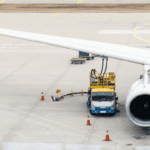
Social Media vs. Reality: The Psychological Impact of ‘Perfect’ Travel Feeds

In an era where social media platforms like Instagram, Facebook, and TikTok dominate our daily lives, the way we perceive and experience travel has fundamentally changed. The vibrant images of pristine beaches, luxurious resorts, and thrilling adventures often create an illusion of a perfect world, free from the struggles and imperfections of reality. But beneath these picturesque feeds lies a more complex and often harmful impact on our mental health and well-being. This blog post delves into the psychological effects of these ‘perfect’ travel feeds and how they shape our perceptions, emotions, and behaviors.
The Allure of the ‘Perfect’ Travel Feed
Social media thrives on visual appeal. Travel influencers, bloggers, and everyday users meticulously curate their feeds to showcase the most breathtaking moments of their journeys. Whether it’s a sunset over Santorini, a quiet café in Paris, or an adventurous trek in the Himalayas, these images are designed to evoke a sense of wonder and desire. The more likes, shares, and comments these posts garner, the more they’re pushed by algorithms to the top of our feeds.
However, what we often forget is that these images are highly curated. The reality behind these photos might involve hours of editing, selective framing, and even staged scenes. According to a 2022 survey by Adobe, 54% of Millennials admitted to editing their photos before posting them online, with travel photos being the most frequently edited category. This creates a digital landscape where the line between reality and fantasy becomes increasingly blurred.
The Psychological Toll of Comparison
The constant exposure to ‘perfect’ travel feeds can trigger a phenomenon known as “social comparison.” Social comparison theory, first proposed by psychologist Leon Festinger in 1954, suggests that individuals determine their own social and personal worth based on how they stack up against others. On social media, this often translates into comparing one’s own life—and travel experiences—to the seemingly flawless lives of others.
This comparison can lead to feelings of inadequacy, envy, and even depression. A study published in the Journal of Travel Research in 2023 found that frequent exposure to idealized travel images on social media was associated with lower self-esteem and higher levels of travel-related FOMO (Fear of Missing Out). The study also highlighted that users who spend more than two hours per day on social media are twice as likely to report feelings of loneliness and dissatisfaction with their lives compared to those who spend less time online.
The Reality of Travel: Behind the Scenes
What we often don’t see in these ‘perfect’ travel feeds are the challenges and less glamorous aspects of travel. The missed flights, long queues, cultural misunderstandings, and even the bouts of homesickness are rarely showcased. These are the realities that every traveler faces but are seldom shared online. Instead, social media feeds tend to amplify only the highlights, creating a skewed perception of what travel is really like.
This selective sharing can create unrealistic expectations for those planning their own trips. When reality doesn’t match the polished images seen online, it can lead to disappointment and a diminished sense of fulfillment. A 2023 survey by Booking.com revealed that 61% of travelers felt that their trips didn’t live up to the expectations set by social media, with many citing the pressure to replicate the experiences they saw online as a significant stressor.
The Impact on Mental Health
The psychological impact of consuming ‘perfect’ travel feeds extends beyond mere comparison. For some, it can exacerbate existing mental health issues or contribute to the development of new ones. The rise of “Instagram Anxiety,” a term coined to describe the anxiety and stress caused by social media, is a growing concern among mental health professionals.
The constant bombardment of idealized images can lead to a distorted self-image and an obsessive need to seek validation through likes and comments. This can result in what psychologists refer to as the “compare and despair” cycle, where individuals constantly measure their own lives against the curated images they see online, leading to a perpetual state of dissatisfaction.
Moreover, the pressure to document and share one’s own travels in a similarly ‘perfect’ way can take away from the actual experience of travel. Instead of being present in the moment, travelers might find themselves more focused on capturing the perfect shot or crafting the ideal caption, thereby diminishing the joy and authenticity of the experience.
The Role of Influencers and Brands
Travel influencers and brands play a significant role in shaping the narrative of the ‘perfect’ travel feed. While many influencers aim to inspire their followers, there is a growing criticism of the unrealistic standards they promote. Some influencers have started to push back against this trend, advocating for more authentic and unfiltered content.
For example, the #NoFilter movement encourages users to share photos without any edits or filters, highlighting the beauty of raw, unaltered moments. Similarly, some travel influencers are now sharing the less glamorous aspects of their journeys, offering a more balanced perspective on what travel truly entails.
Brands, too, are beginning to recognize the need for authenticity in their marketing strategies. A 2024 report by Skift highlighted that 72% of travelers now prefer brands that promote real, unfiltered content over those that rely on heavily edited images. This shift reflects a growing demand for transparency and honesty in the way travel is portrayed online.
Finding Balance: How to Enjoy Social Media Without the Negative Impact
While the psychological impact of ‘perfect’ travel feeds can be significant, it’s possible to engage with social media in a way that is both healthy and fulfilling. Here are a few strategies to help you navigate the world of travel feeds without falling into the trap of comparison:
- Limit Your Social Media Time: Set daily limits on your social media use to reduce exposure to idealized content. This can help prevent feelings of envy and dissatisfaction from taking root.
- Curate Your Feed: Follow accounts that promote authenticity and offer a balanced view of travel. Unfollow or mute accounts that trigger negative emotions or unrealistic comparisons.
- Focus on Your Own Journey: Remember that travel is a personal experience. Instead of trying to replicate someone else’s trip, focus on what makes your journey unique and meaningful to you.
- Practice Mindfulness: Stay present during your travels. Engage with your surroundings, connect with locals, and immerse yourself in the experience rather than worrying about how it will look online.
- Share Authentically: If you choose to share your travels on social media, consider being more transparent about the realities of your journey. This can help break the cycle of unrealistic expectations and encourage others to do the same.
Conclusion
Social media has undeniably changed the way we experience and share travel. While ‘perfect’ travel feeds can inspire and entertain, they also have the potential to distort reality and impact our mental health. By being mindful of how we engage with these platforms and by promoting authenticity in our own social media use, we can enjoy the best of both worlds—finding inspiration online while staying grounded in the realities of our own journeys.
Hello, I am Aman (: Full Time Traveler :) At the age of 41, in April 2023, fueled by my love for travel and the determination not to remain fixed like a tree, I embarked on a bold journey. Having dedicated 17 years to a corporate job, I chose to transition from a full-time employee to a full-time traveler, driven by the desire to break free from the routine and constraints of a conventional life. Along the way, I not only explored the wonders of travel but also uncovered the transformative power of financial freedom. I realized how it could liberate me to lead a life teeming with adventure, purpose, and fulfillment. Through my blogs, I am passionately sharing my story, aiming to inspire and provide valuable guidance to those, like me, who aspire to weave travel into a life overflowing with limitless possibilities.






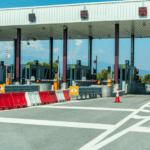
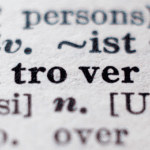

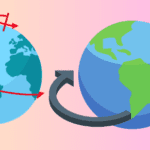

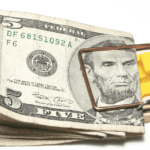




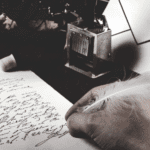
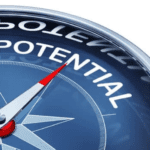

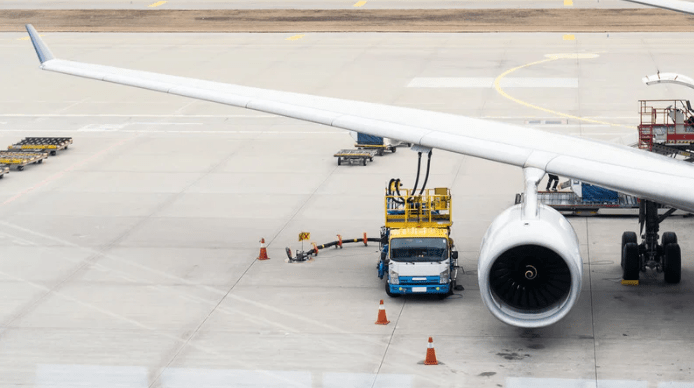


Post Comment
You must be logged in to post a comment.